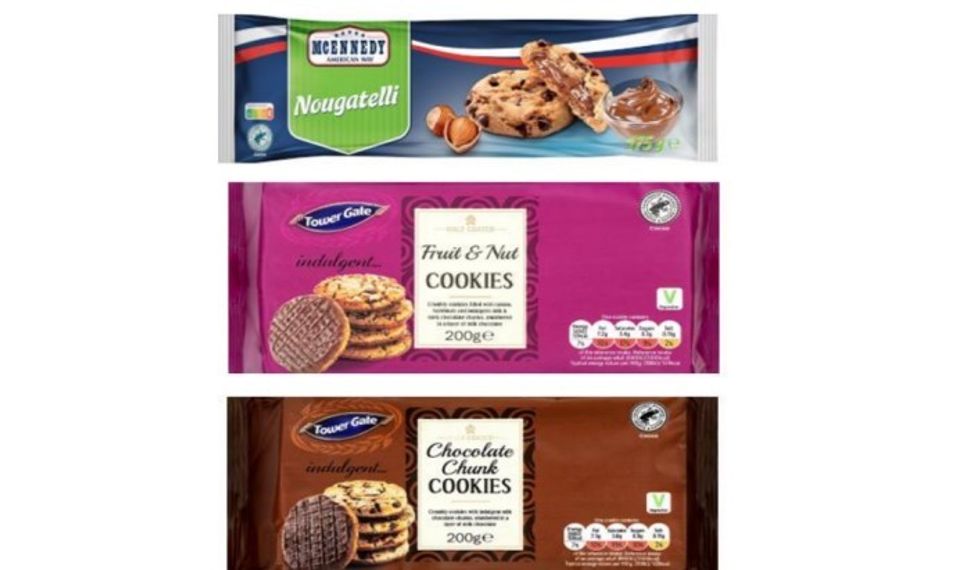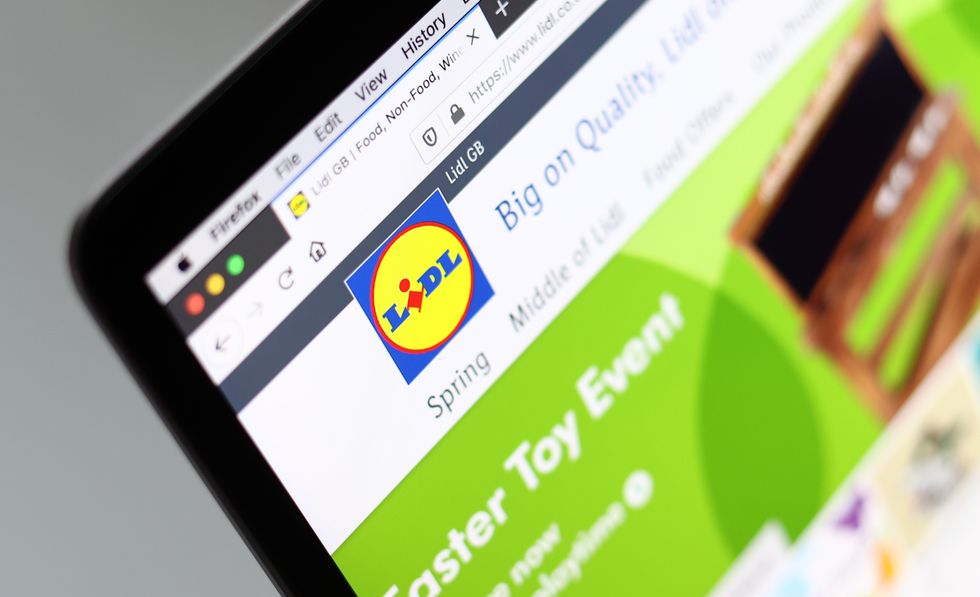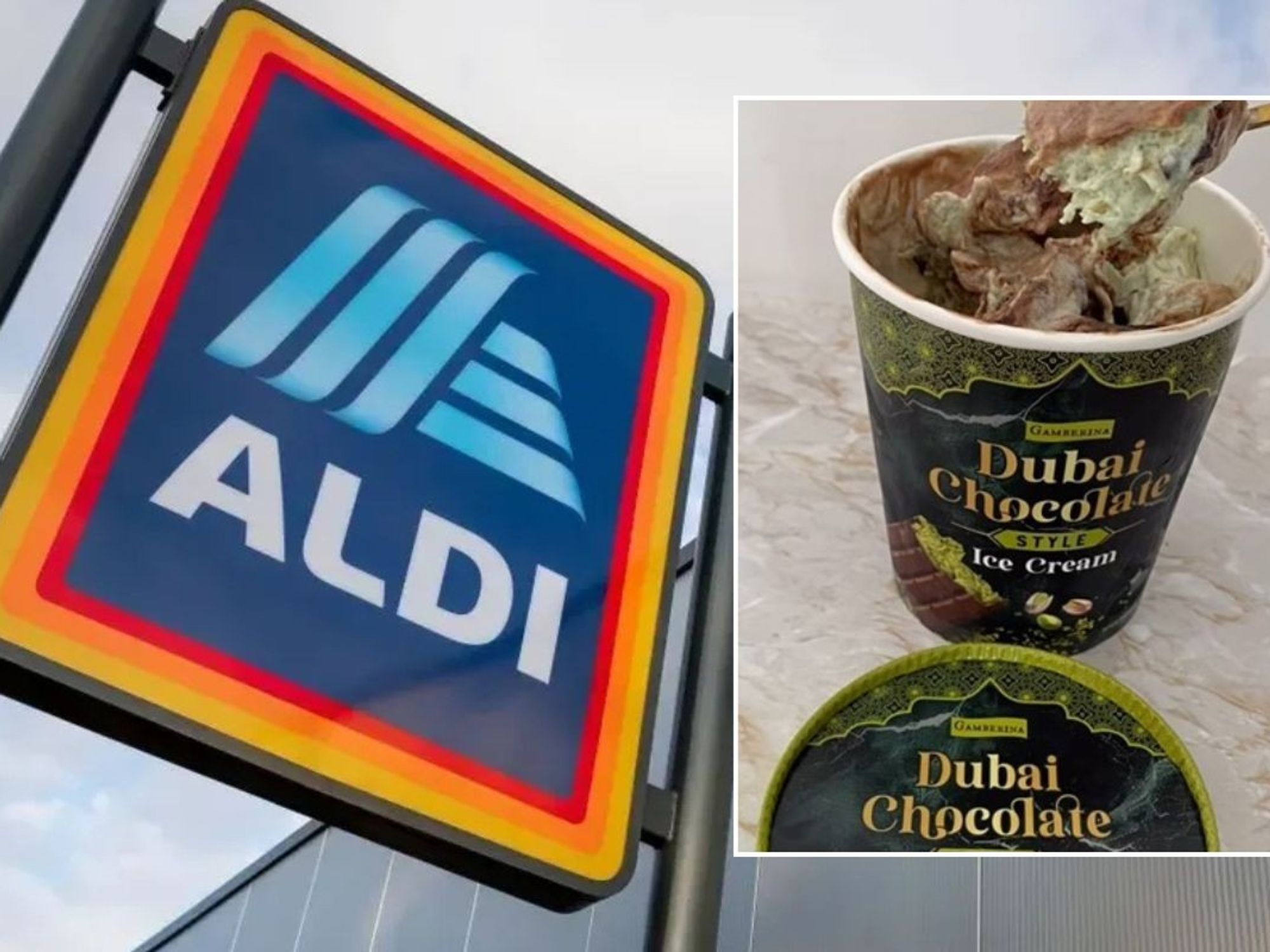Customer have been cautioned not to eat various batches of cookies for their own safety
Don't Miss
Most Read
Trending on GB News
Lidl customers have been warned that the cookies may contain pieces of metal.
The notice follows an initial recall issued last week over the presence of metal in various Tower Gate cookies.
Three new products may be affected by the contamination, the supermarket has warned, making them unsafe to eat.
The Food Standards Agency said: “Lidl is extending their recall of various cookies because they may contain pieces of metal.

Several batches of cookies may contain metal
LIDL
“The possible presence of metal makes these products unsafe to eat. The product recall has been updated to include additional products.”
The products concerned are:
Tower Gate Half-Coated Fruit and Nut Cookies (200g)
Best before 06 December 2024
Tower Gate Half Coated Fruit & Nut Cookies (200g)
Best before 06 December 2024
McEnnedy American Way Nougatelli (175g)
Best before 10 December 2024
Tower Gate Soft Baked Cookies Triple Chocolate (210g)
Best before12 December 2024
Tower Gate Soft Baked Cookies Lemon (210g)
Best before 13 December 2024
Tower Gate Chocolate Chip Cookies (150g)
Best before 14 December 2024
“These products may contain pieces of metal which makes them unsafe to eat,” The FSA has cautioned.
“If you have bought the above products do not eat them. Instead, return them to the store from where it was bought for a full refund.”
Food recalls relating to metal generally describe products contaminated during the manufacturing process.
Processing equipment is often behind the introduction of rogue metal items due to wear and tear.
LATEST DEVELOPMENTS

Lidl customers have been urged to return the cookies to their local store
GETTY
Lidl apologised to customers for the inconvenience and thanked them for their cooperation in the matter.
What is a product recall?
According to the Food Standards Agency, product recalls aim to alert consumers and local authorities about problems with food.
In some cases, local authorities issue a ‘Food Alert for Action’ notice, providing local authorities with details of actions to take on behalf of customers.
This generally involves returning the unsafe food so it can be discarded.









